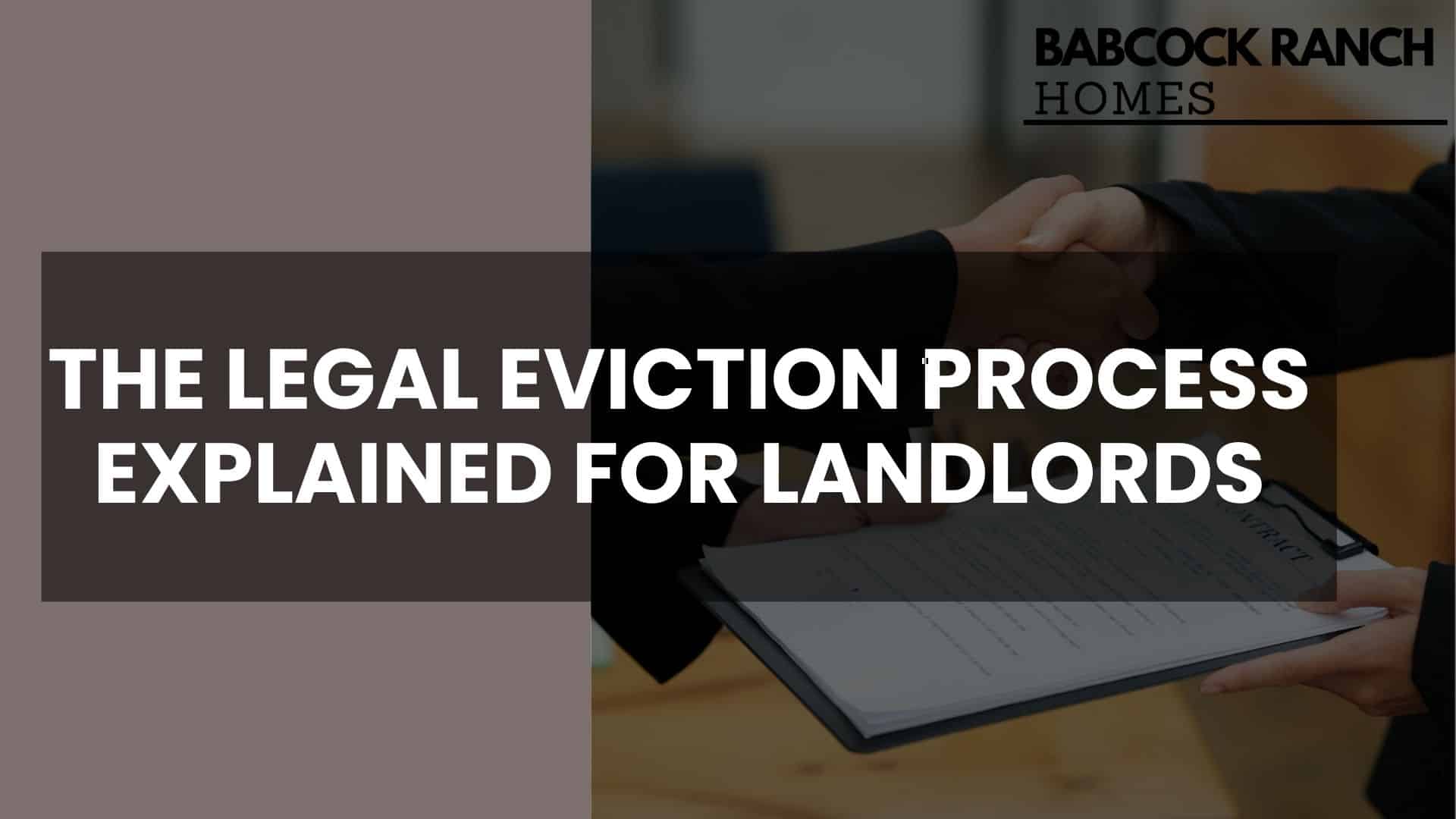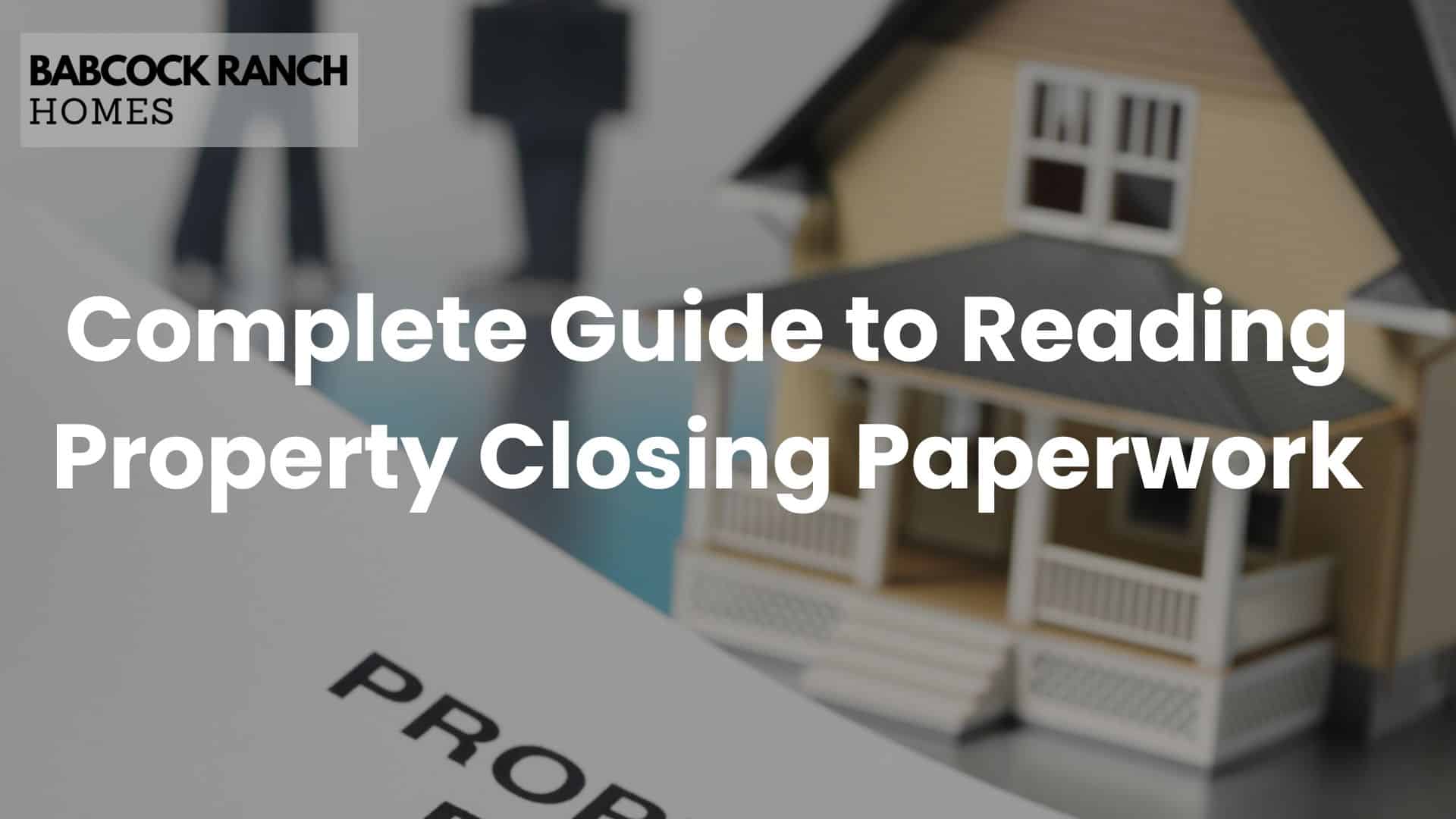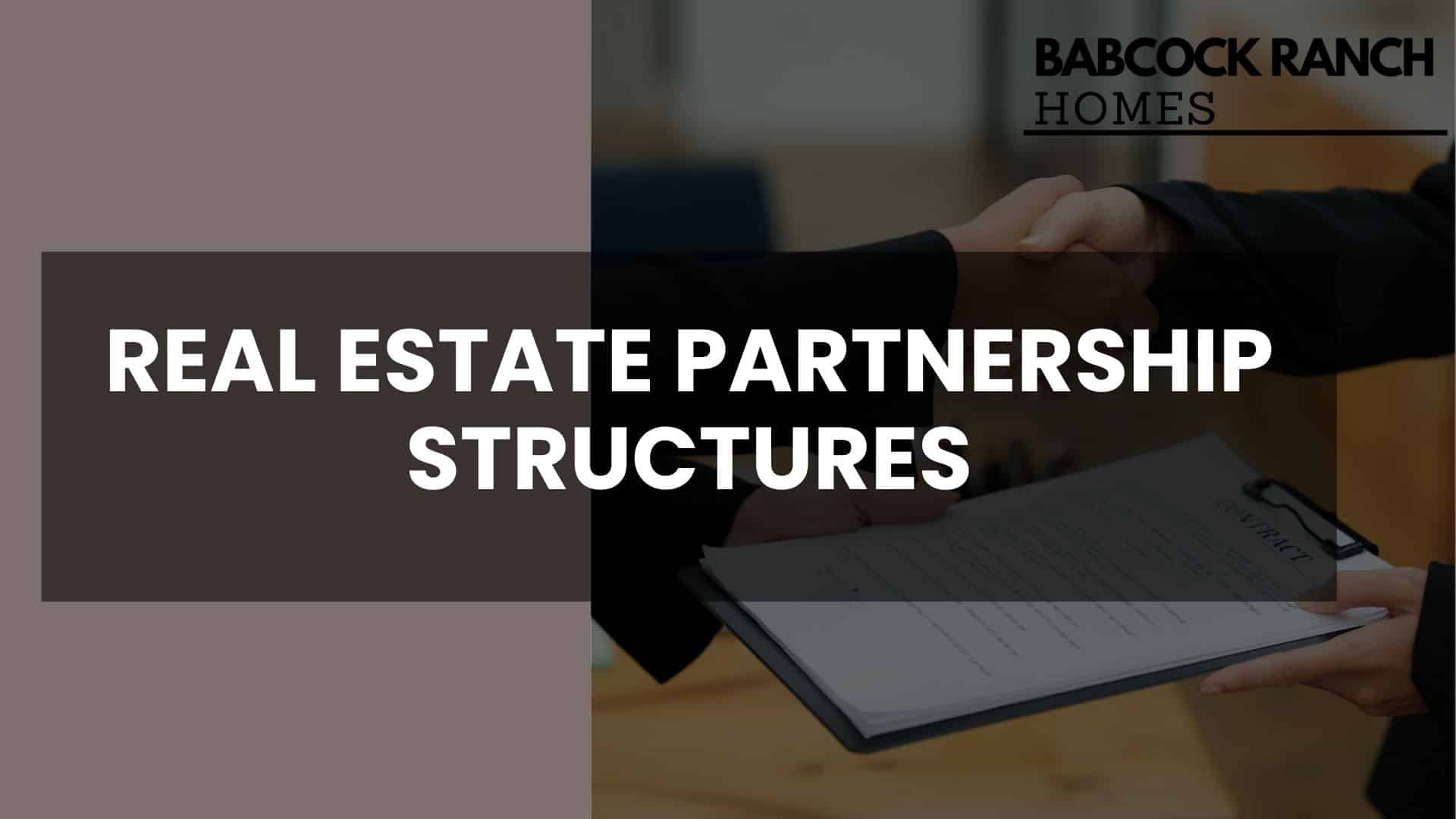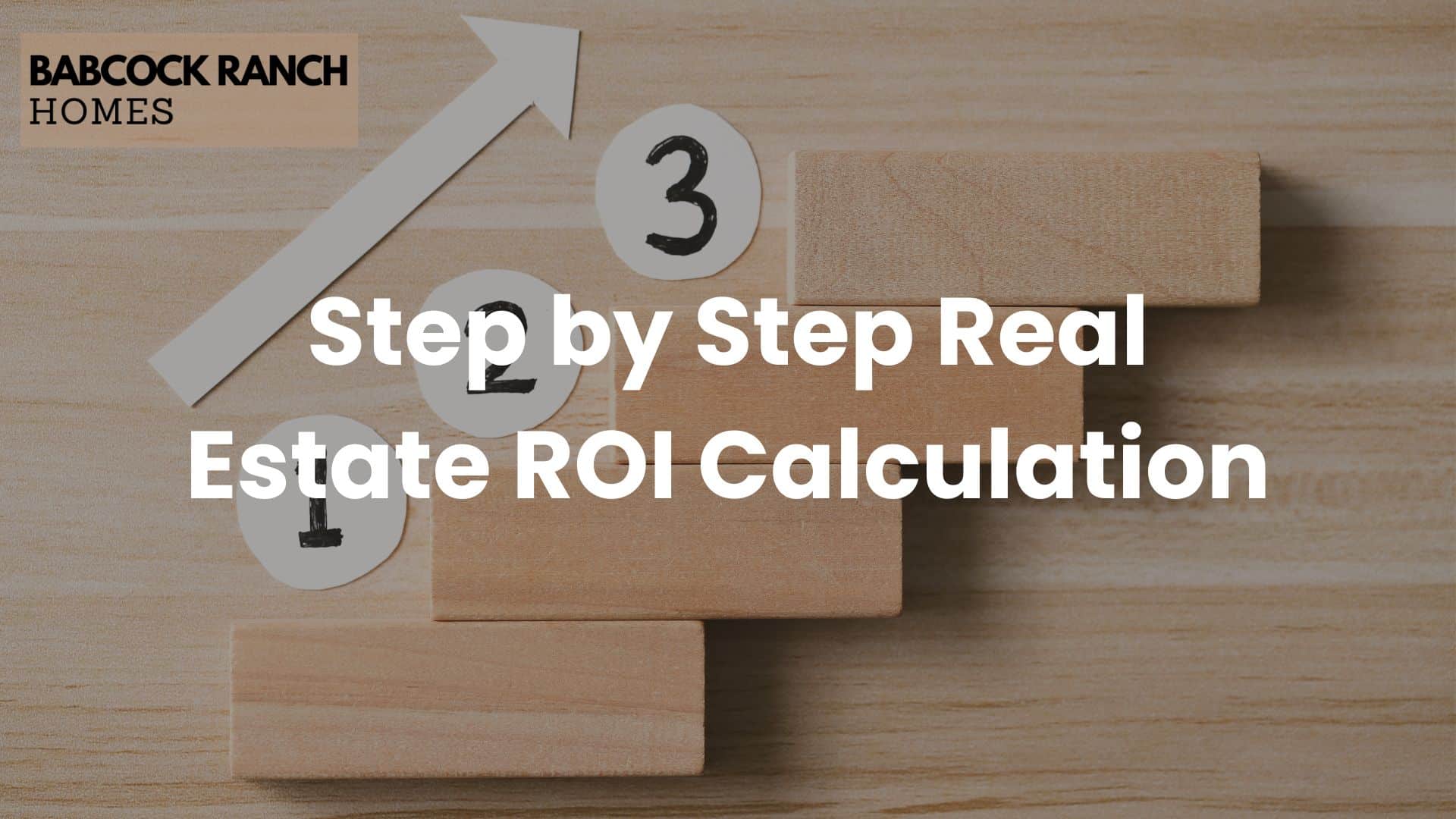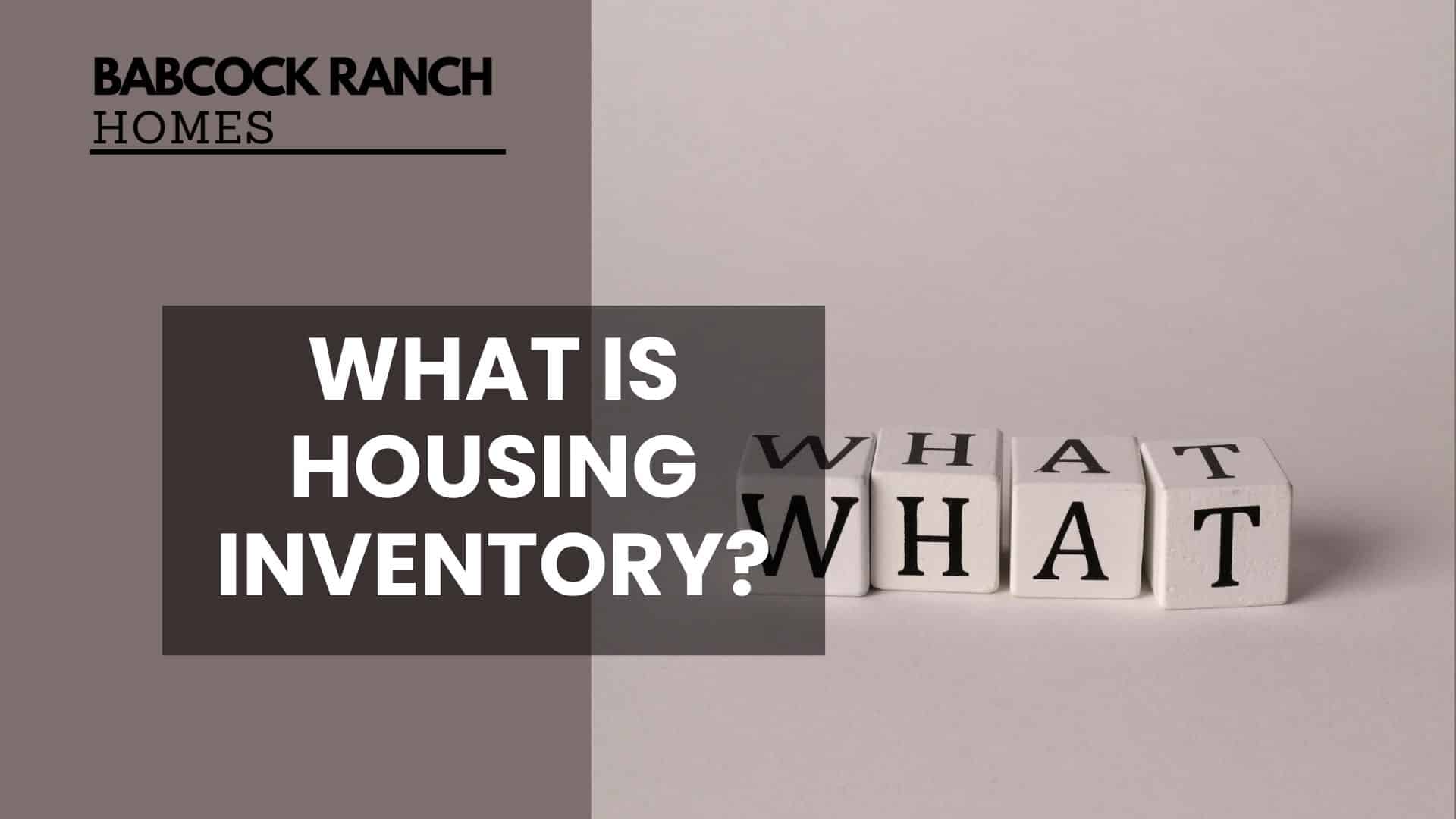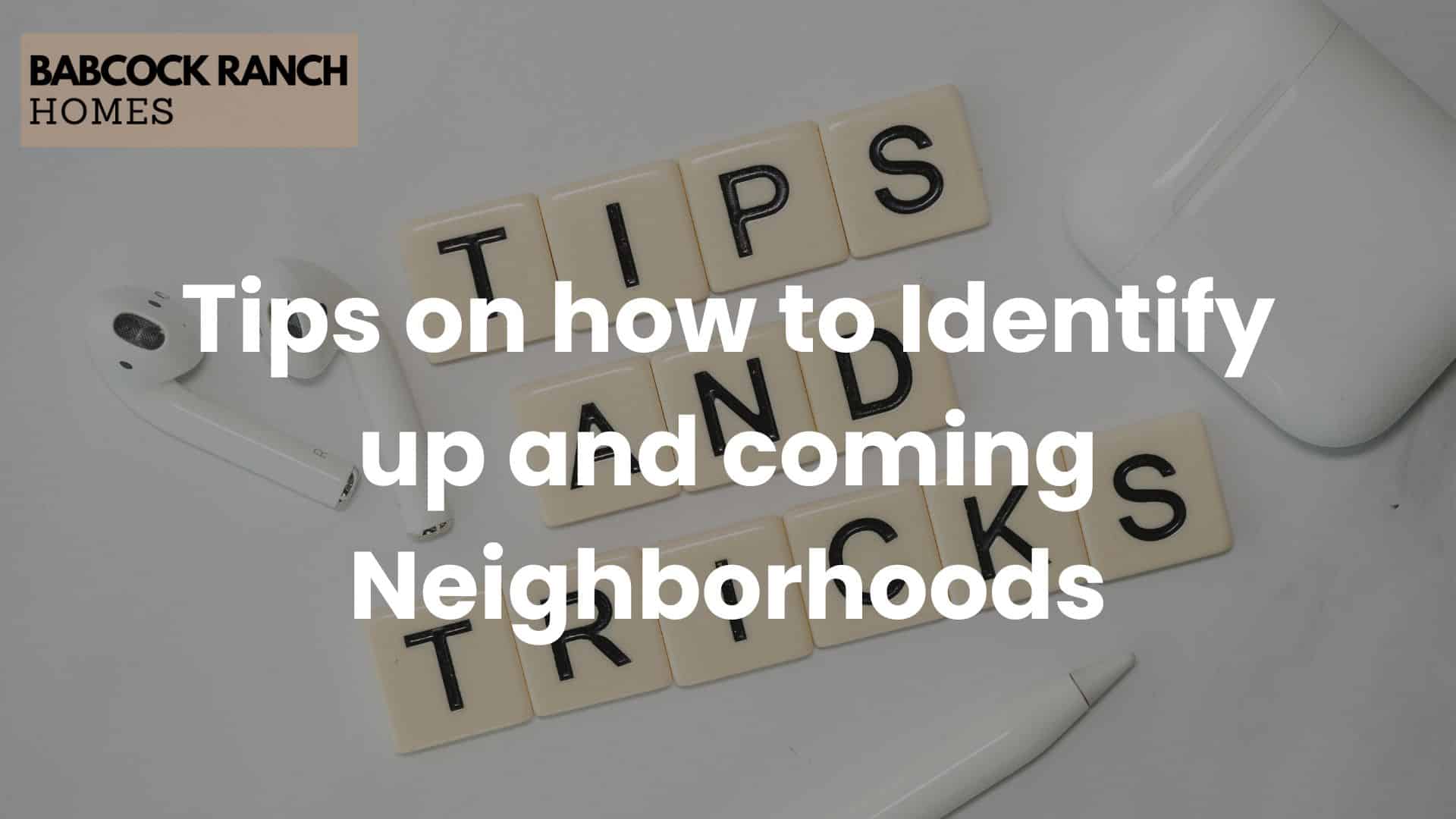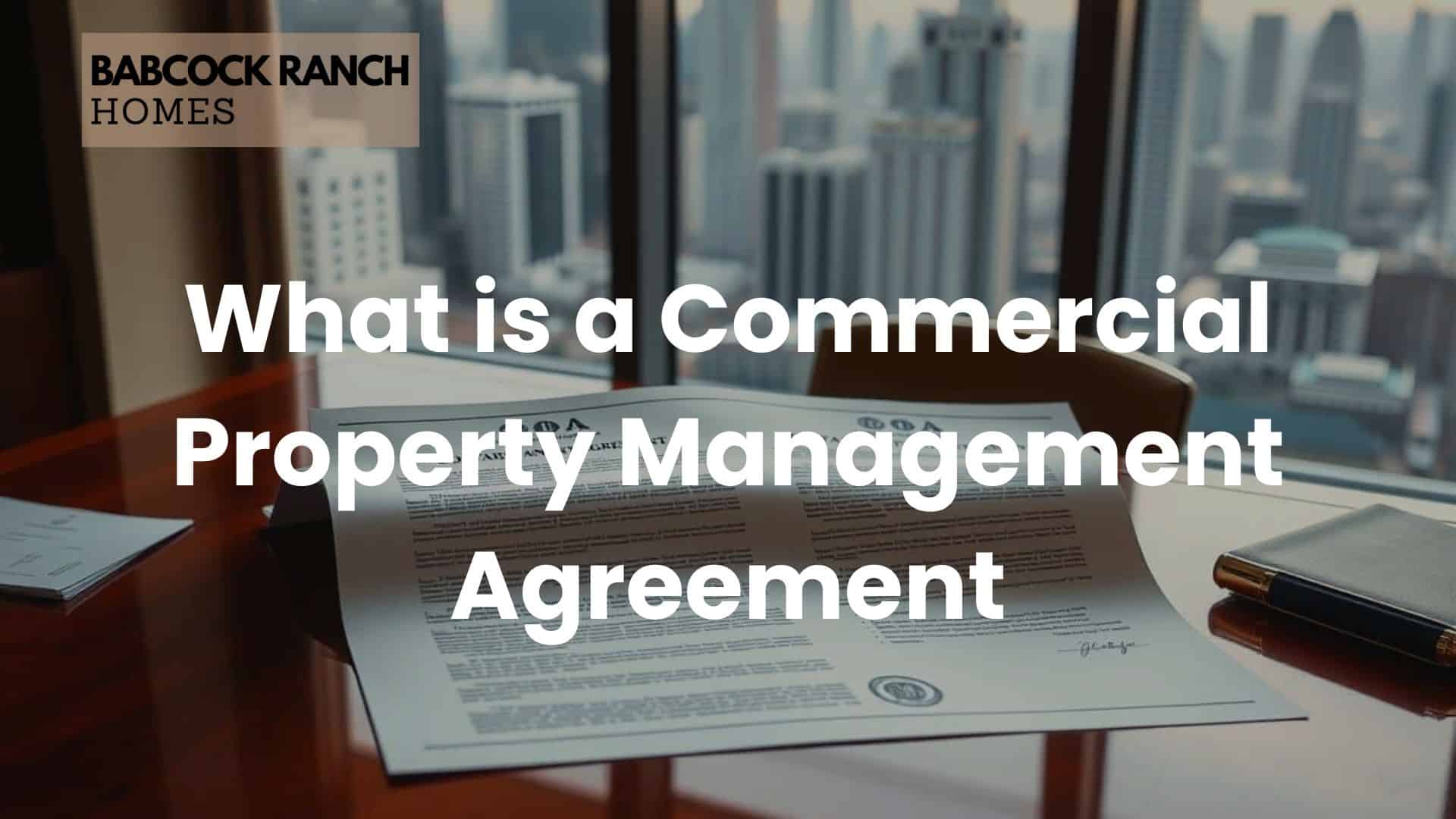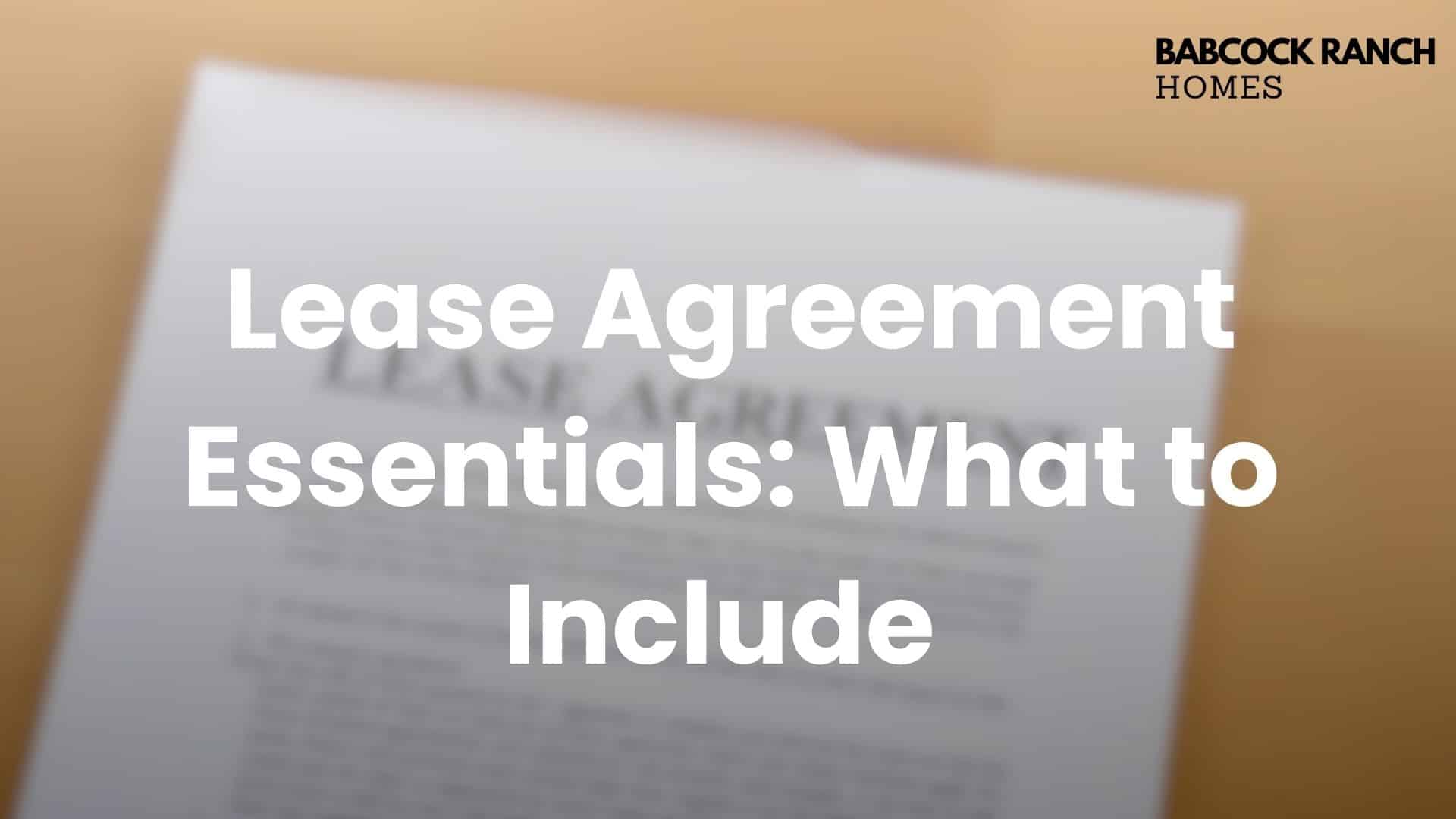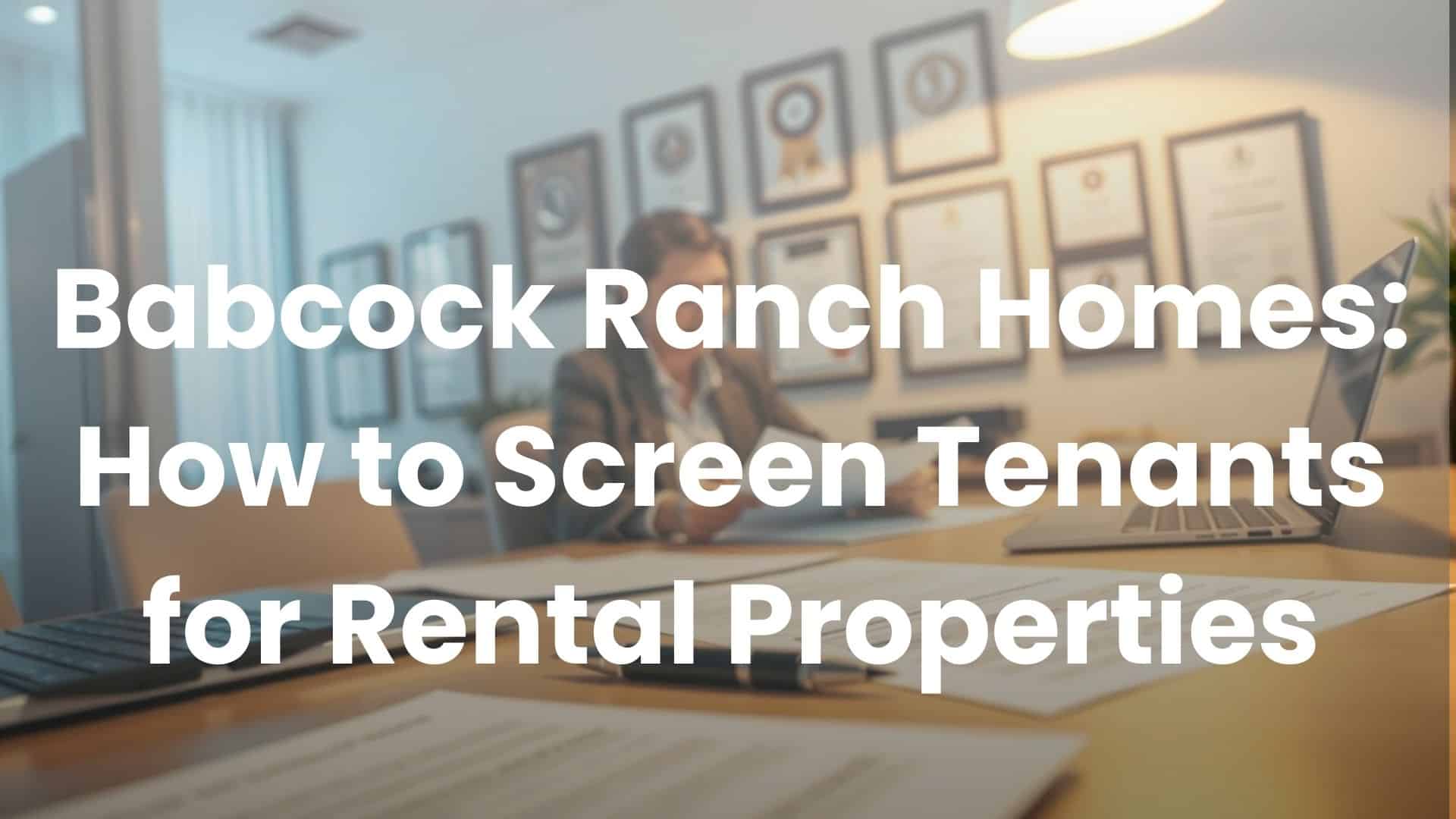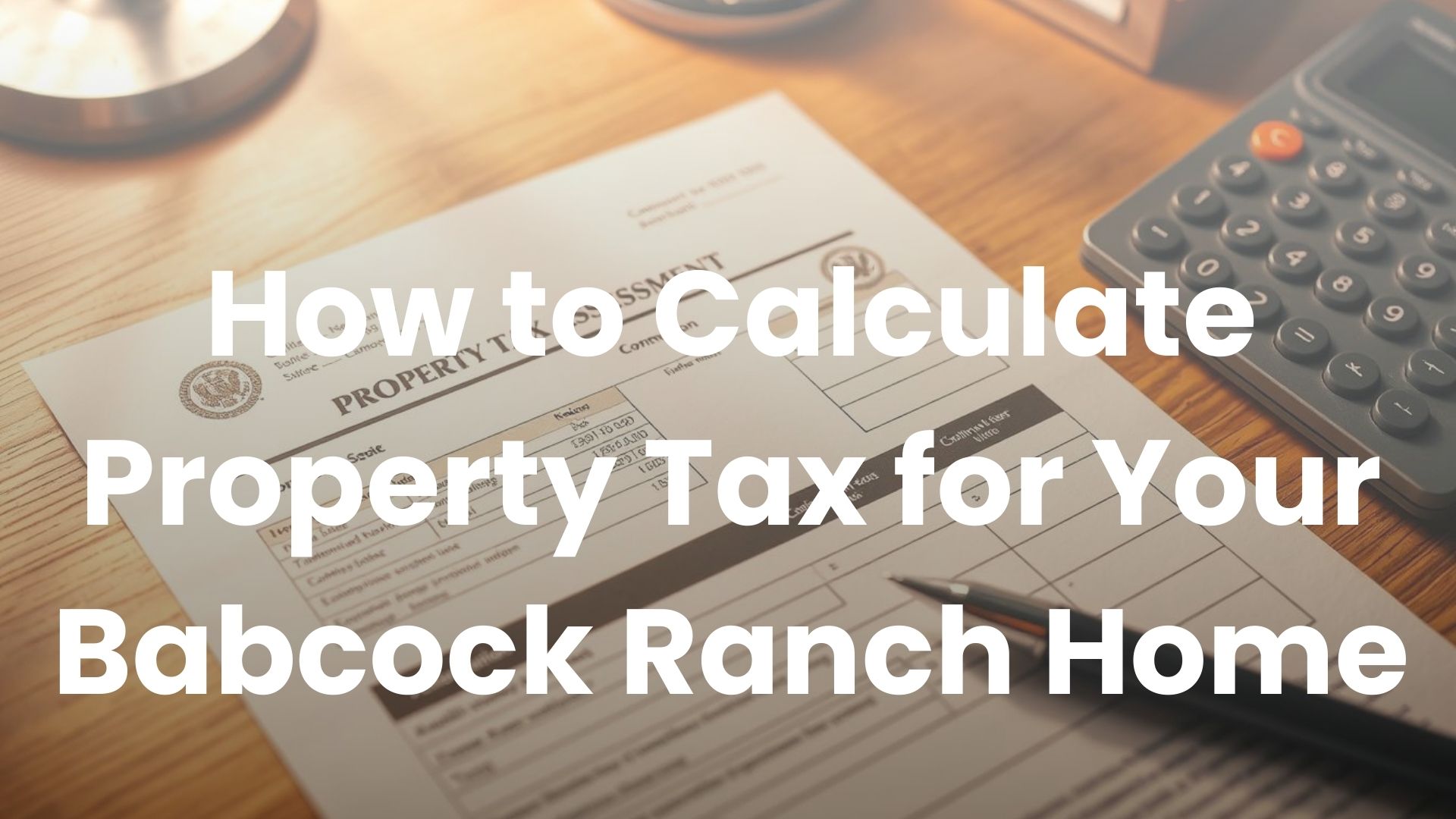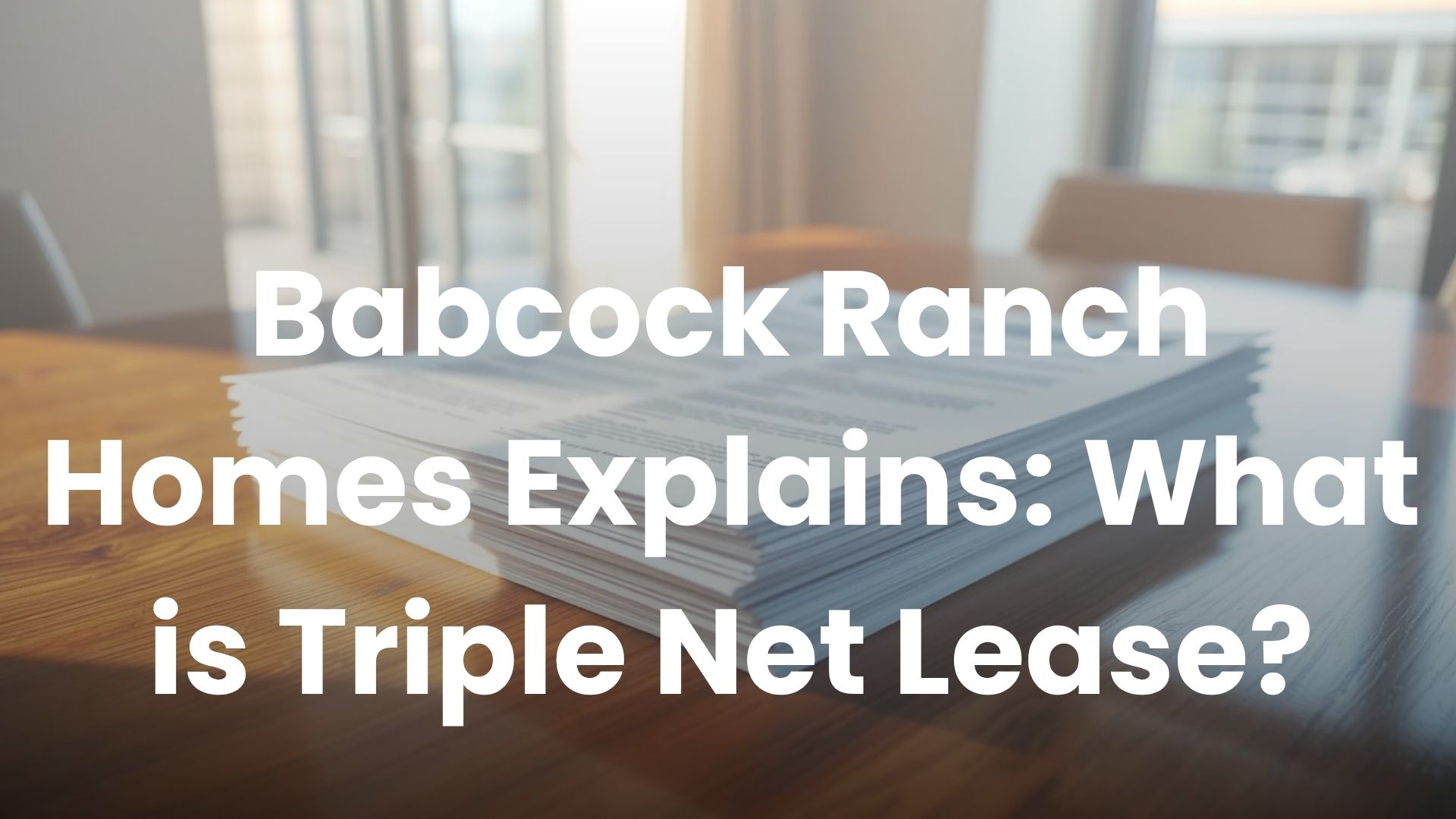Buying a home is a big financial decision. The process can seem complex, but it’s manageable. Knowing the key steps and strategies can make it successful.
Babcock Ranch Homes helps buyers through the real estate world. In Florida, our team offers expert advice. We guide you in making a strong offer in today’s market.
When you’re ready to make an offer, prepare well. You need to know the market and think strategically. Whether it’s your first home or an investment, a good offer can secure your dream home.
Key Takeaways
- Understand local real estate market conditions before making an offer
- Get pre-approved for a mortgage to strengthen your purchasing position
- Research comparable sales to determine appropriate offer prices
- Prepare a competitive earnest money deposit
- Be ready to negotiate and include strategic contingencies
Getting Started with Your Home Purchase Journey
Starting your journey to buy a home needs careful planning and smart thinking. If you’re looking to buy in Babcock Ranch, Florida, knowing the local market is key. It helps you make smart choices.

The home buying process can be tricky. 43% of first-time homebuyers get confused about mortgages. Having a solid plan will make your journey smoother and more exciting.
Understanding the Local Real Estate Market
To understand Babcock Ranch’s real estate market, look at a few important things:
- Current inventory levels
- Average home prices
- Days on market for properties
- Price trends in different neighborhoods
Setting Your Home Buying Goals
Successful buyers set clear, achievable goals. Think about these key points when setting yours:
- Determine your budget range
- Identify must-have home features
- Select preferred neighborhoods
- Establish timeline for purchase
| Buyer Goal | Recommended Strategy |
|---|---|
| Budget Flexibility | Aim for 10% buffer above pre-approval amount |
| Market Competitiveness | Prepare for possible offers above asking price |
| Purchase Timeline | Average property search takes 10 weeks |
Working with Babcock Ranch Homes
Our team is here to help you through the home buying process. We offer personalized support. We help you find homes that fit your lifestyle and goals.
With 80% of homebuyers saying mortgage pre-approval is key, we’ll help you achieve your dream of owning a home.
Securing Your Financial Foundation

Building a solid financial foundation is key when you’re ready to buy a home. You start by understanding mortgage pre-approval and getting ready financially.
A mortgage pre-approval shows how much you can afford to buy. Lenders look at several important financial factors to decide if you qualify for a loan:
- Credit score requirements
- Debt-to-income ratio
- Income verification
- Savings and assets
Credit scores are very important for getting pre-approved. Most lenders want a credit score of 620 or higher. FHA loans might accept scores as low as 580. Try to get a score of 700 or more for better mortgage rates.
Your financial health determines your home-buying power.
When planning for closing costs, set aside 2% to 5% of the home’s price. This includes fees for the loan, title insurance, appraisal, and other costs.
| Financial Metric | Recommended Target |
|---|---|
| Credit Score | 700+ |
| Debt-to-Income Ratio | 43% or lower |
| Down Payment | 20% of home price |
| Emergency Fund | 3-6 months of expenses |
Get your financial documents ready carefully. Lenders usually ask for 30-60 days of pay stubs, two years of W-2 tax forms, recent bank statements, and proof of extra income.
Good financial planning can really help your chances of getting pre-approved. It makes the home-buying process easier and more confident.
The Importance of Mortgage Pre-Approval
Buying a home needs careful planning, and getting pre-approved for a mortgage is key. It shows you’re serious about buying a home. This step changes your journey from just looking to actually buying.

Knowing about mortgage pre-approval helps you in the competitive real estate market. Only 20% of buyers used to get pre-approved before applying. But, getting pre-approved gives you a clear idea of how much you can afford.
Benefits of Pre-Approval vs Pre-Qualification
Pre-approval is different from pre-qualification. It gives a detailed look at your finances. Pre-qualification is just an estimate, but pre-approval:
- Reviews your financial documents carefully
- Checks your income and job
- Does a hard credit check
- Tells you exactly how much you can borrow
Required Documentation for Pre-Approval
To get pre-approved, you need certain documents. Here’s what you’ll need:
- Proof of income (like W-2s and pay stubs)
- Proof of your assets
- Proof of your job
- Government ID
- Your social security number
Understanding Loan Terms and Conditions
Your pre-approval letter will have important loan details:
| Loan Aspect | Typical Details |
|---|---|
| Maximum Loan Amount | Based on your financial situation |
| Interest Rate | Based on current market rates |
| Loan Term | 15 or 30 years |
| Expiration Window | 60-90 days |
Pro tip: Most lenders want your total debt to be no more than 43% of your income.
Budgeting for Your Home Purchase
Making a detailed budget is key when buying a home. It’s not just about buying a house. It’s about securing your financial future.
When planning your home buying budget, think about these important financial points:
- Annual income multiplier for home pricing
- Down payment requirements
- Closing costs estimate
- Monthly mortgage affordability
- Additional homeownership expenses
Experts suggest a smart budgeting method. Multiply your annual gross income by 2.5 to find a home price you can afford. For example, if you make $80,000 a year, aim for a home priced around $200,000.
Down payments are a big deal in buying a home. Most lenders want:
- 3% to 20% down payment
- Private mortgage insurance (PMI) for down payments under 20%
- Potential loan options for low down payment scenarios
Closing costs usually cost 2% to 5% of the home’s price. For a $300,000 home, set aside $6,000 to $15,000 for these extra costs.
Don’t forget about ongoing costs after buying the home. These include:
- Property taxes
- Homeowners insurance
- Potential HOA fees
- Maintenance and repair funds
- Utility expenses
A well-planned budget is your roadmap to successful homeownership.
How to Make an Offer on a House
Making a competitive offer on a house is more than just a price. It’s about creating a detailed proposal that stands out. This proposal should show you’re serious and ready to move forward.
- Understand current market conditions
- Determine your maximum budget
- Research the property’s history
- Consider seller motivations
Elements of a Strong Offer
A strong offer is more than just the price. Buyers should think about what makes their offer stand out. Here are important parts:
- Precise purchase price
- Earnest money deposit (usually 1-3% of home price)
- Flexible closing timeline
- Minimal contingencies
In competitive markets, buyers might need to offer above list price to secure their desired home.
Creating Your Purchase Strategy
Creating a competitive offer needs careful planning. Look at the property’s market time, neighborhood trends, and repair costs. Homes on the market over 30 days might offer negotiation chances.
Timing Your Offer Submission
Timing is key for a successful offer. In hot markets, offers can expire in hours. Smart buyers know the local market and time their offers right.
Remember, a well-made offer shows you’re serious and protects your money.
Understanding Earnest Money Deposits
When you buy a home, earnest money deposits show you’re serious. They are a good-faith payment that proves you’re committed. This makes your offer stronger and more attractive to sellers.
The amount of earnest money varies. It’s usually 1% to 3% of the home’s price. In hot markets, buyers might offer up to 5% to 10% to stand out.
- Typical deposit amounts: $1,000 to $5,000
- Percentage of home price: 1% to 3%
- Competitive markets: Up to 5% to 10%
The money is kept in an escrow account by a neutral third party. This could be a title company or real estate broker. When you buy the home, this money goes toward your down payment or closing costs.
It’s important to know how to protect your earnest money. You can usually get it back if:
- Home inspection finds big problems
- The appraisal is lower than the price
- You can’t get the mortgage
But, if you break the agreement without a good reason, the seller might keep your money. This shows why it’s key to plan carefully and understand your offer’s terms.
Essential Contract Contingencies
Buying a home needs careful planning, including contract contingencies. These clauses protect buyers. They let buyers back out if certain conditions aren’t met without losing their deposit.

Contract contingencies are key in negotiating prices and ensuring fair deals. They give buyers important protection during the home buying journey.
Home Inspection Contingency
The home inspection contingency is vital. It lets buyers:
- Do a full property check
- Find any big structural or maintenance issues
- Talk about fixing things or changing the price
- Cancel the deal if big problems are found
About 40% of buyers who use this contingency get a lower price or repairs because of the inspection.
Financing Contingency
A financing contingency helps if the mortgage doesn’t go through. It’s important for:
- Most buyers who need a mortgage
- Getting out of the deal if the loan doesn’t work
- Having a set time to get the mortgage approved
Appraisal Contingency
The appraisal contingency checks if the property’s value matches the price. Key points include:
| Scenario | Potential Outcome |
|---|---|
| Appraisal Matches Price | Transaction goes on as planned |
| Appraisal Lower Than Price | Buyer can renegotiate or cancel |
“Contingencies are your safety net in the complex world of real estate transactions.” – Real Estate Expert
Knowing and using contract contingencies well can really help protect you. It keeps your offer strong in the market.
Determining the Right Offer Price

When you’re trying to negotiate a house price, you need a smart plan and a good understanding of the market. Buyers must grasp the local real estate scene to make a strong offer.
Here are some important things to think about when setting your offer price:
- Current market conditions (seller’s, buyer’s, or balanced market)
- Property condition and necessary repairs
- Local comparable sales (comps)
- Seller’s motivation and timeline
In today’s real estate world, knowing the market trends is key. Nationwide, houses are averaging just 24 days on the market. So, timing and precision in your offer are critical.
Pricing strategies change based on the market:
- Seller’s Market: Expect to offer 1-3% over asking price
- Buyer’s Market: Offers 10-20% below listing price might be acceptable
- Balanced Market: Aim for offers close to the listing price
When making a competitive offer, think about these extra strategies:
- Larger earnest money deposit
- Flexible closing dates
- Fewer contingencies
- Potential cash offer advantages
Keep in mind, the median home price in the United States is $419,300. Your offer should match the market and your financial situation.
Negotiating with the Seller
Negotiating house price is key in buying a home. Good deals often come from clear talks between buyers and sellers. Knowing how to make a strong offer is important.

Market trends affect negotiations a lot. Prices can change by 20% or more in a year. This can be both a challenge and an opportunity for buyers.
Effective Counter-Offer Strategies
Here are some tips for counter-offers:
- Know why the seller wants to sell
- Look at recent sales in the area
- Be ready to give on some things
- Stay polite and respectful
Understanding Seller Motivations
Sellers sell for different reasons. Some need a quick sale, others wait for the right offer. Knowing why they sell can help you negotiate better.
Deal Breakers vs. Negotiable Items
Not everything matters equally in a home purchase. Know what you must have and what you can give up. Most buyers ignore old listings, which can help in negotiations.
Successful negotiation is about finding mutual benefit, not winning at all costs.
Good negotiation takes patience, knowledge of the market, and clear talks. Making a strong offer means knowing your limits and what the seller wants.
Understanding Closing Costs and Fees

When you buy a home, you need to know about closing costs. These costs can be a big part of your budget. They usually range from 2% to 5% of the home’s price.
Here are some key costs to expect:
- Loan origination fees (0.5% to 1% of loan amount)
- Appraisal fees (approximately $350)
- Title insurance (0.50% of mortgage amount)
- Property taxes and recording fees
In 2021, the average closing costs for a single-family home were $6,905. But costs can vary a lot. For example, in Washington, D.C., buyers paid an average of $29,888. In Missouri, it was much lower, around $2,061.
“Knowing your closing costs upfront can prevent surprises and help you budget better for your home purchase.”
Here are some smart ways to handle closing costs:
- Negotiate with the seller for possible concessions
- Look for the best lender rates
- Check out first-time homebuyer programs
- Save extra money for unexpected costs
Pro tip: For a $250,000 loan, expect closing costs between $5,000 and $15,000. This can really affect your budget for buying a home.
The Role of Real Estate Agents
Buying a home can be tricky. That’s why real estate agents are so important. They help guide you through the process. About 87% of home buyers use agents for their help.

Real estate agents add a lot of value to your home buying journey. Here are some key benefits:
- Market insights and local neighborhood knowledge
- Negotiation expertise to secure the best terms
- Access to multiple listing services (MLS)
- Streamlined transaction management
How Babcock Ranch Homes Supports Your Journey
Babcock Ranch Homes helps guide you through the home buying process. Our agents know the Florida real estate market well. They offer support that fits your needs.
Understanding Agent Commission Structures
How agents get paid varies. Most earn commissions based on the sale price. In 2023, the median salary for real estate agents is $54,300. This shows their professional skill in each deal.
Professional Guidance Every Step of the Way
Our experienced agents at Babcock Ranch Homes are here for you. They help from searching for properties to closing. We focus on clear, client-centered service.
For personalized assistance with your home buying goals, contact Babcock Ranch Homes at 518-569-7173.
Empowering your home buying journey with expert knowledge and dedicated support.
Legal Aspects of Home Purchase Offers

Buying a home involves a lot of legal steps. These steps are important and can affect your purchase a lot.
When you make an offer on a home, you sign a contract. This contract is legally binding. So, every part of it is important for your protection.
- 90% of home buyers use professional guidance during the real estate purchase process
- 85% of home purchase agreements include critical legal contingencies
- 70% of offers have a specific expiration timeframe
Important legal parts of your home offer include:
- Offer and Acceptance: The basic rule for a valid contract
- Contingency Clauses: Legal safeguards for buyers
- Disclosure Requirements: What sellers must tell buyers
“A well-structured offer protects both the buyer and seller’s legal interests”
Many buyers get help from a real estate lawyer. These lawyers check your documents. They make sure everything is okay and safe.
Important legal things to think about are financing, inspections, and contract terms. About 60% of buyers add extra protections to their offers.
Preparing for the Home Inspection

The home inspection is a key part of buying a home. It costs between $281 and $403. It helps buyers find out about any problems before they buy.
Before the home inspection, buyers should do a few things. This makes the inspection more useful:
- Schedule the inspection within 1-2 weeks after contract ratification
- Attend the inspection in person to ask questions
- Prepare a list of specific concerns about the property
- Gather any available property maintenance records
During the inspection, experts will check important parts of the home. Negotiating house price often depends on what they find.
| Inspection Focus Areas | Potential Impact |
|---|---|
| Foundation | Major repair negotiations |
| Roof | Potential price reduction |
| Electrical Systems | Safety concerns and repair estimates |
| Plumbing | Potential costly upgrades |
About 80% of home buyers get inspections done. They know how important they are for making smart choices. If big problems are found, buyers might ask for repairs, lower the price, or back out.
Experts say it’s a good idea to be there during the inspection. It lets you learn about the home’s condition and ask questions about upkeep.
Understanding the Appraisal Process
Home appraisal considerations are key in your home buying journey. This step is vital for lenders to check the property’s true value. It also protects both the buyer and the lender from risks.

Appraisers look at many factors to value a property. They spend 30 minutes to a few hours inspecting the home. They check its condition, features, and compare it to similar homes nearby.
Impact on Your Offer
Negotiating the house price gets tricky with an appraisal surprise. The National Association of Realtors says 6% of home sales face delays because of appraisal issues.
- Appraisal costs range from $300 to $600
- Only 21% of contracts waived appraisal contingency in Q2 2023
- Home visits are usually set within 48 hours of lender request
Dealing with Low Appraisals
If the appraisal is lower than the agreed price, buyers have options:
- Renegotiate the purchase price
- Challenge the appraisal with more data
- Cover the difference in cash
- Ask for a second appraisal
Appraisal Timeline Considerations
| Stage | Typical Duration |
|---|---|
| Home Inspection | 30 minutes – 3 hours |
| Report Completion | 1-2 weeks |
| Total Process | 3-10 days |
Pro tip: Appraisals protect your investment by making sure you pay a fair price for your new home.
Moving Toward Closing Day
The final stretch of your home buying process needs careful preparation. Real estate deals usually take 30 to 60 days to close. You’ll go through many important steps before getting your new home keys.
As closing day gets closer, focus on several key tasks. Your closing costs estimate is vital, with costs ranging from 2% to 7% of the home’s price. It’s wise to save 1.5% to 2% of the home’s value for these costs.
- Review and organize all required documentation
- Confirm final mortgage details
- Schedule final property walk-through
- Prepare cashier’s check for closing costs
- Coordinate moving logistics
Your mortgage lender will check your financial status one last time. Experts say to avoid big financial changes during this time. Maintaining financial stability is key in these weeks.
The final walk-through is your last chance to check the property. Make sure any agreed repairs are done and the home is as expected before signing.
Preparation and communication are your best tools for a smooth closing experience.
Knowing these steps will help you feel confident as you close your home purchase. You’ll be ready to complete your home buying journey successfully.
Conclusion
Making an offer on a house is a key step in buying a home. It needs careful planning, research, and smart choices. Buyers who prepare well have a better chance of getting their dream home.
Babcock Ranch Homes knows buying a home can be tough. Many buyers get help from experts. Our team helps both first-time buyers and experienced investors at every step.
Buying a home depends on your finances, understanding the market, and making a good offer. Keep your budget close to your limit and negotiate wisely. Getting help from Babcock Ranch Homes can make the process exciting and less stressful.
Ready to buy a home in Babcock Ranch? Call our team at 518-569-7173 for personalized advice. Our experts are here to make your dream of homeownership come true.


